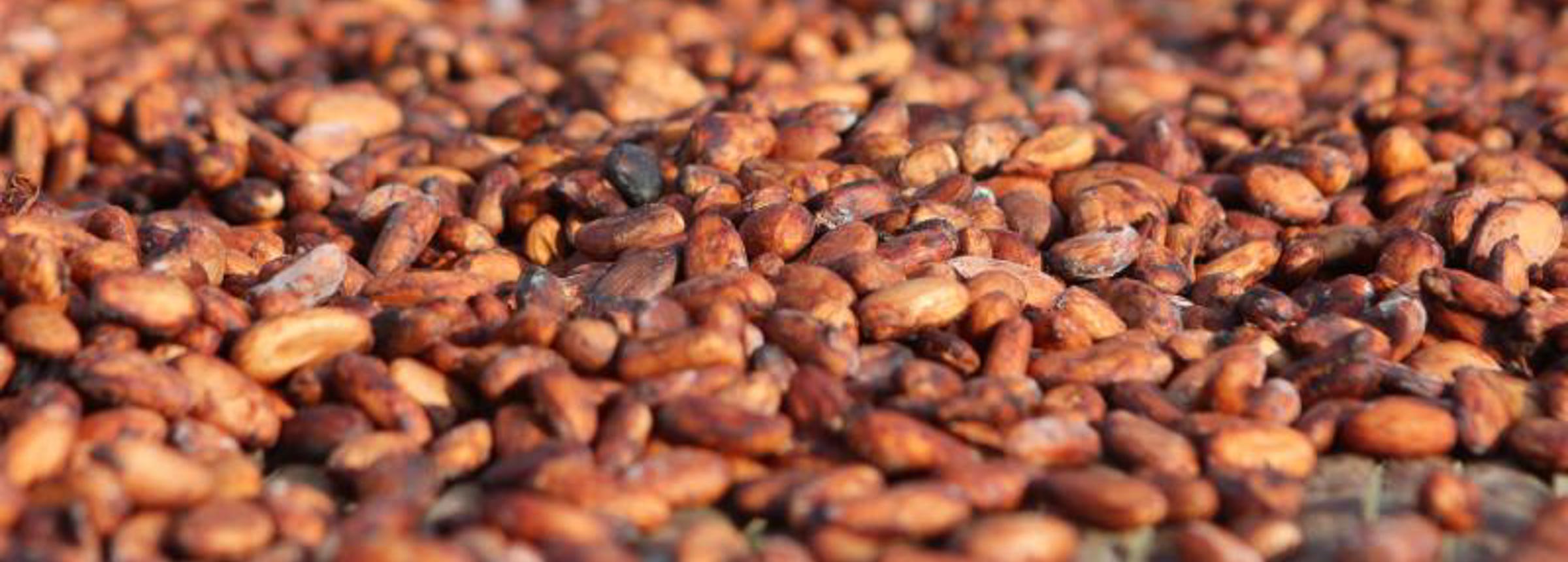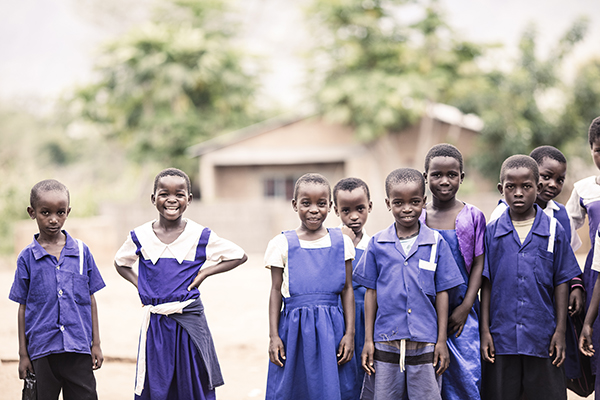
World Day Against Child Labor 2016
This year’s World Day Against Child Labor highlights the problem of child labor in supply chains. To commemorate the day and raise awareness about this issue Winrock International (@WinrockIntl) will host a one-hour Twitter chat on Thursday, June 9th between 10:00-11:00 AM EDT. During the chat panelists will discuss how advocates, businesses, and consumers can ensure that supply chains are free from child labor.
Panelists will include:
| Renata Bruzova Program Manager for the ARISE Program Japan Tobacco International @RenataBruzova |
Declan Croucher Director of Advisory Services Verité @VeriteNews |
| Kate Francis Senior Advisor GoodWeave International @GoodWeave |
Katie Henke Director of the Civic Engagement and Social Equity Winrock International @MsKatieHenke |
| Liz Miller Marketing Manager Divine Chocolate @DivineChocUSA |
Vicki Walker Technical Advisor on Child Labor and Social Inclusion Winrock International @vswalker |
Please join us at #EndCL to participate in the discussion and learn more about this important issue. Click here for instructions on how to join the conversation.
Click here for a wrap-up of the June 9 Twitter chat.
Related Projects
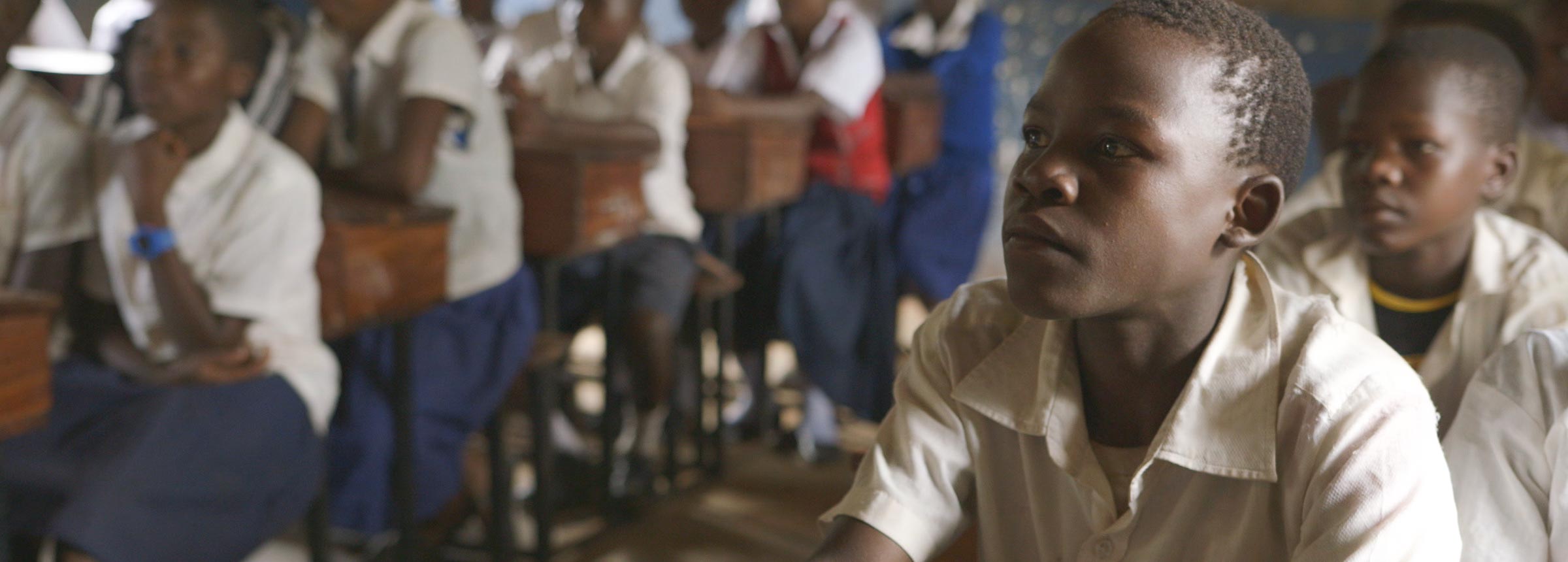
Promoting Sustainable Practices to Eradicate Child Labour in Tobacco (PROSPER)
Social and economic pressures far too often lead Tanzanian children into the workforce. The Promoting Sustainable Practices to Eradicate Child Labor in Tobacco program, or PROSPER, seeks to prevent and withdraw youth of all ages from child labor, especially in the tobacco industry. PROSPER addresses the root causes that fuel child labor and offers alternatives…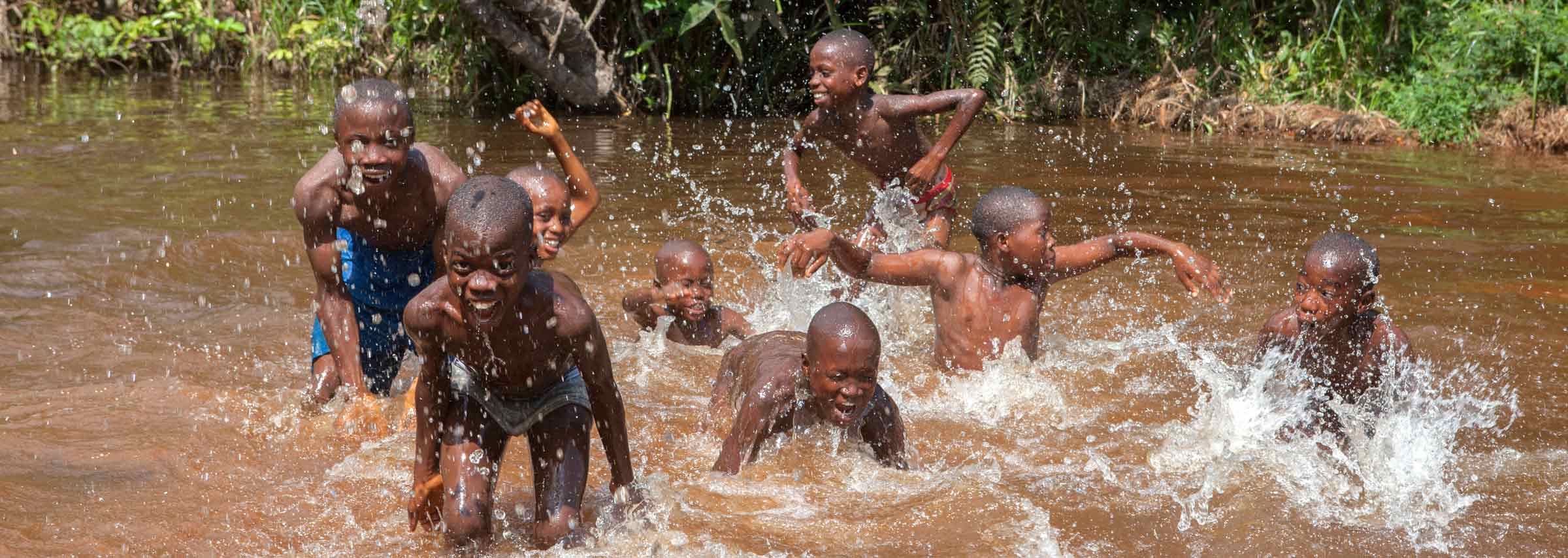
Actions to Reduce Child Labor (ARCH)
Agriculture, particularly rubber, is an important contributor to the Liberian economy. A significant number of children are involved in the production of rubber due to household poverty, the high cost of adult labor, a lack of awareness about the hazards of work and limited access to education. Under these economic and social conditions, children perform…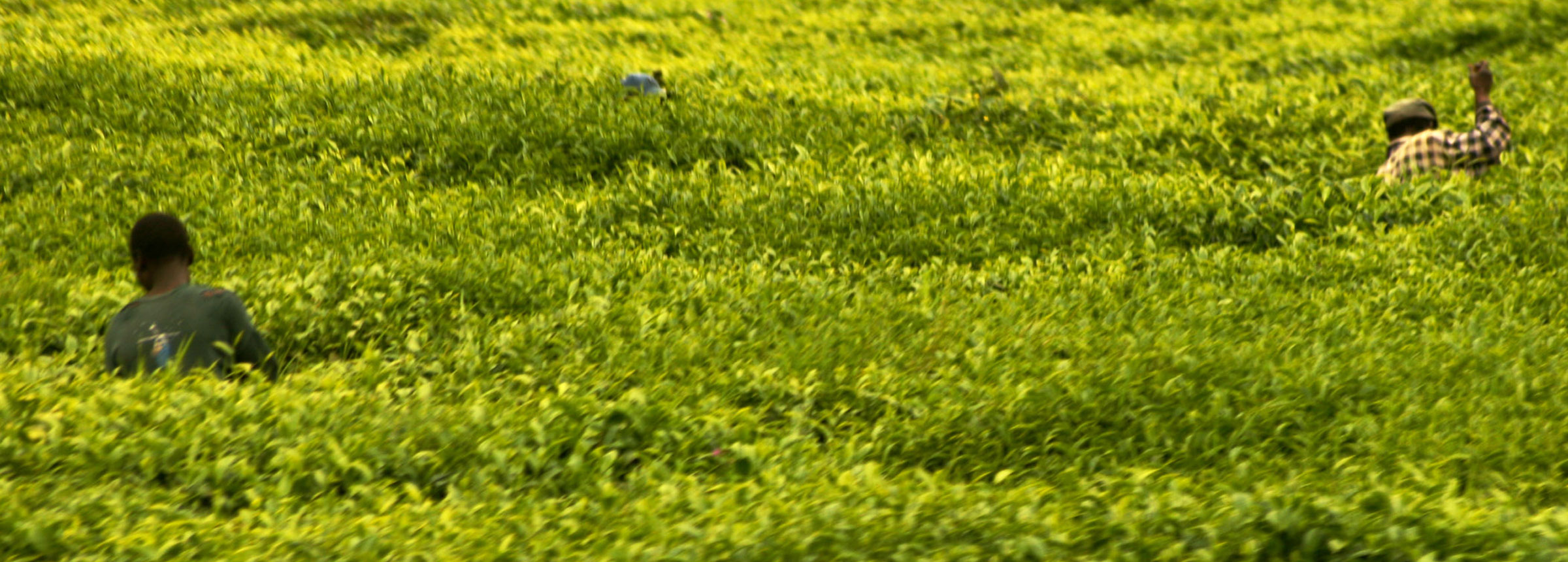
REACH-T
This project takes a comprehensive approach to help the government of Rwanda and its tea producers eliminate child labor in this key sector of the country’s economy. Besides improving access to formal and vocational education and strengthening the enforcement of existing labor laws, REACH-T raises awareness of child labor’s long-term effects. Building on Rwanda’s policy…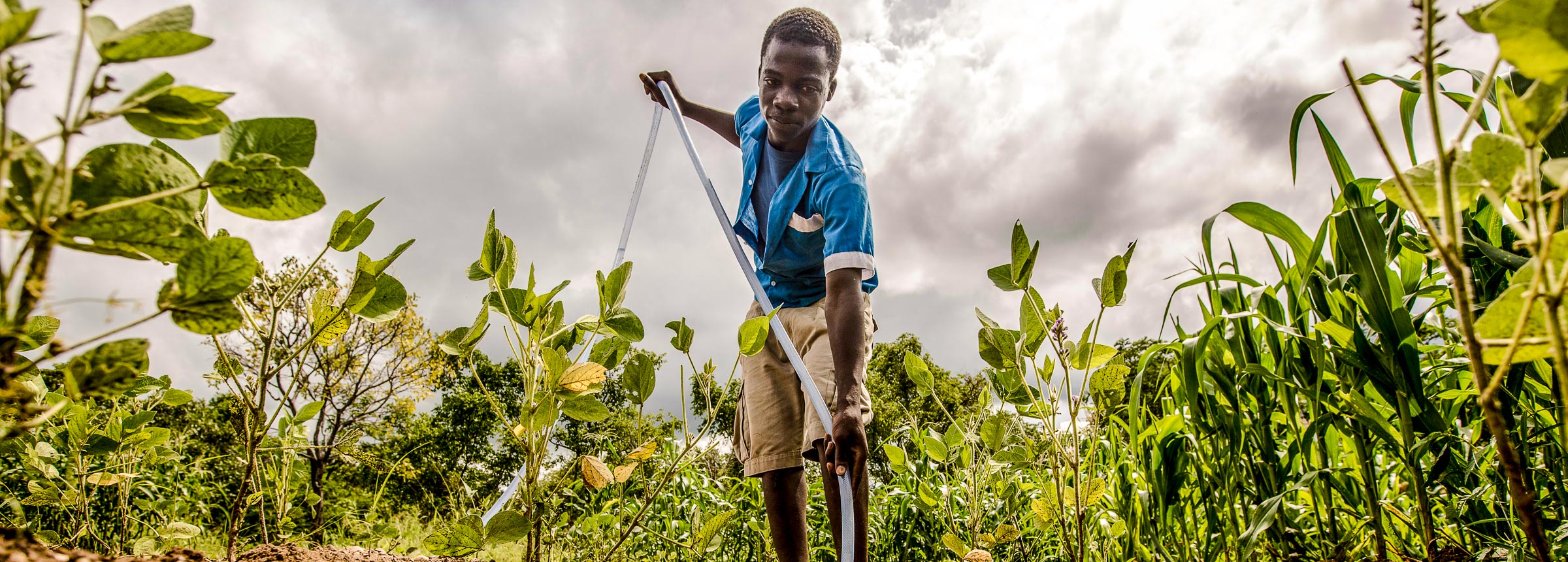
ARISE
Social and economic factors push many children in Africa and Southern Brazil out of classrooms and into tobacco fields and other forms of child labor. This robs children and entire communities of the chance to forge a better future. Building on the initial successes of the Achieving Reduction of Child Labor in Support of Education…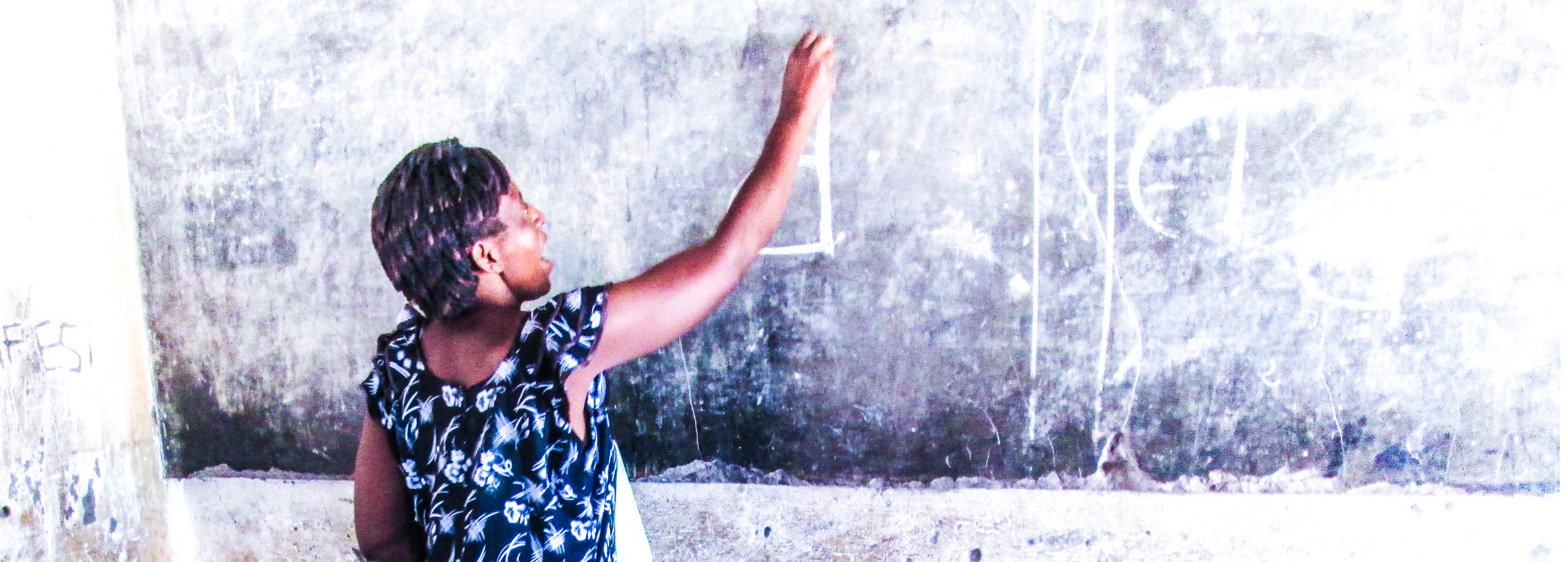
ARISE Teacher Support Program
Overcrowded classrooms, low pay and limited professional development makes it hard to be a teacher in Malawi. And low teacher morale makes it tough for children to get a quality education. Japan Tobacco International, which sources much of its tobacco in Malawi and funds the ARISE pilot program there, is providing training and resources to teachers in…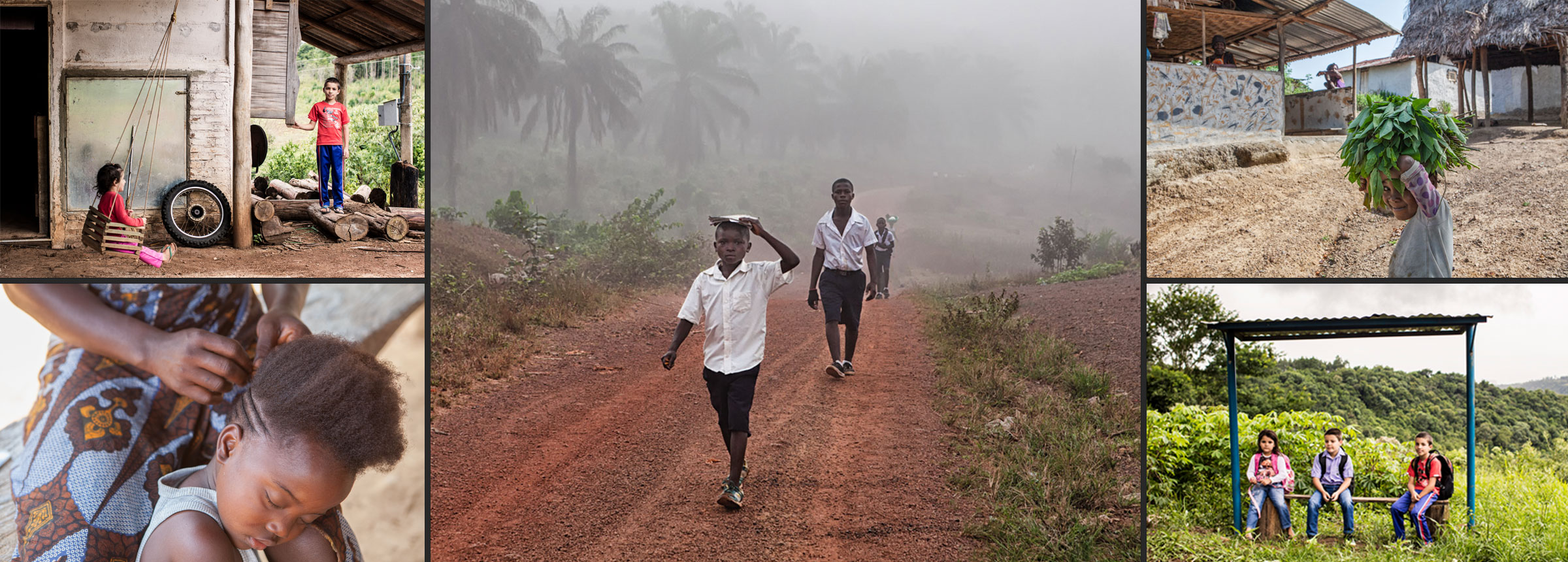
CLEAR II
Heightened awareness of the many ills caused by child labor has led to a global decrease in its incidence. Nevertheless, estimates are that 168 million children worldwide are still engaged in child labor. This program develops the capacity of interested governments to create and implement policies that result in a meaningful reduction of child labor.